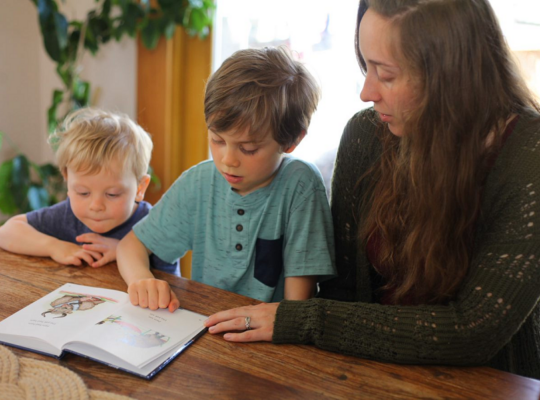
AAR and AAS can be used as effective reading and spelling programs for ESL students. Discover why they are perfect for English language learners from all backgrounds and levels.

AAR and AAS can be used as effective reading and spelling programs for ESL students. Discover why they are perfect for English language learners from all backgrounds and levels.

In honor of moms everywhere, we have a special downloadable activity sheet today: “Baby Animal Names!”
When I was growing up, I was always enchanted by the special bond between animal moms and their babies. I was also delighted to learn that there are special names for many animal babies.
Continue reading…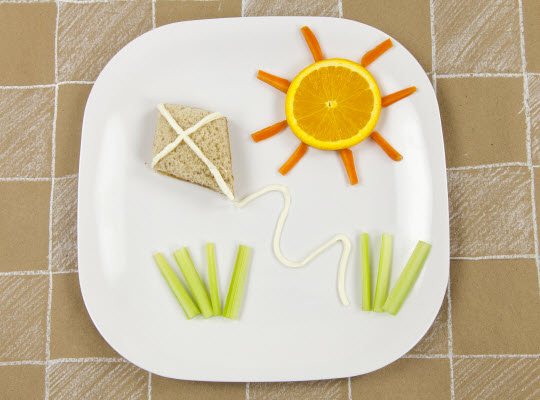
Let’s go fly a kite, up to the highest height!
Let’s go fly a kite, and send it soaring!
When the breezy days of spring or autumn arrive and the sun is shining, it’s the perfect time to fly a kite.
Continue reading…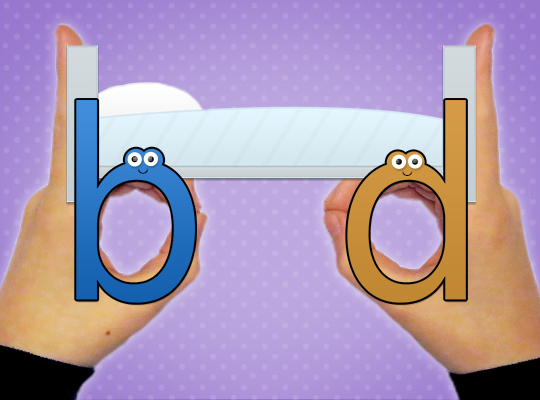
It is easy to see how letter reversals happen: flip the b and it becomes a d. The beginning reader or dyslexic child may not realize that the direction of the letter matters, or he may not be able to remember which letter is which.
Continue reading…
Welcome to Deckawoo Drive, home of Mr. and Mrs. Watson and their dear, their darling … Mercy the pig! The Mercy Watson series will take you on one “oink-citing” adventure after another as you follow the wild and wonky escapades of one very special pig.
Continue reading…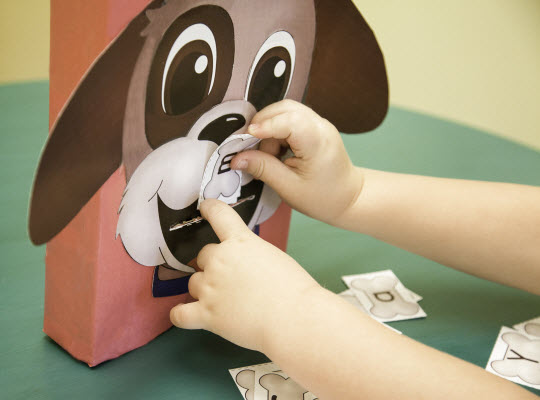
Learning the alphabet is an important first step on the road to reading. Our Feed the Puppy Alphabet Game helps kids practice the alphabet in a fun way. After all, who doesn’t love a cute puppy?
Continue reading…
There are many things that standardized tests can’t measure.
Tests can’t predict who will “succeed” in life, regardless of your definition of success. Tests can’t tell a child how or even what he needs to improve. Tests penalize our most creative thinkers. And our world needs all the creative problem solvers it can get.
Continue reading…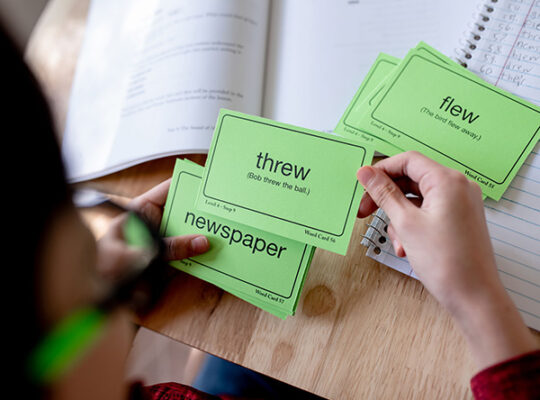
You’ve probably noticed that kids’ brains like to discover patterns. As you teach reading and spelling, you can use this natural inclination to your child’s advantage. Read on to find out how!
Continue reading…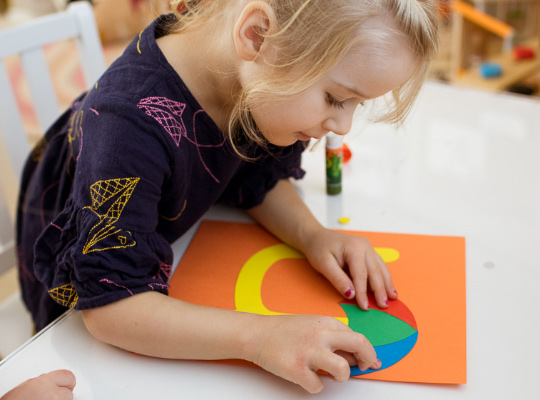
If you need a fun activity (and an umbrella!) for a rainy day, look no further than this bright and cheery lowercase U craft! Who knows, maybe the sun will be out by the time you’re done!
Continue reading…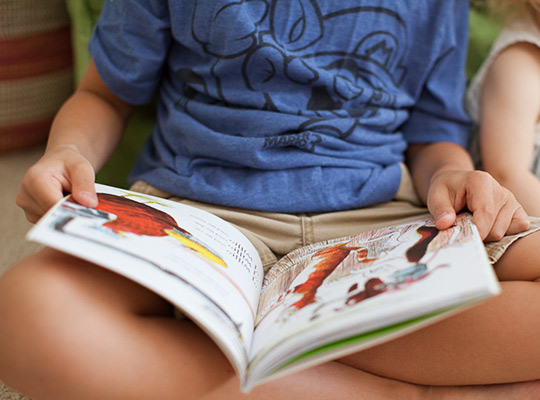
Does your child skip small words when he’s reading?
Skipping small words is actually a very common problem that we usually notice when our children are reading aloud, but the truth is that many adults skip words as well.
Continue reading…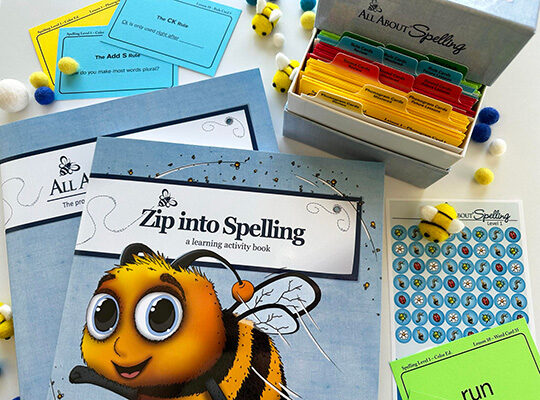
Have you heard? All About Spelling got a makeover!
Here at All About Learning Press, we’ve always made it a priority to listen to you—our users. Over the years, All About Spelling users have consistently requested two things: activity books and full-color materials.
Continue reading…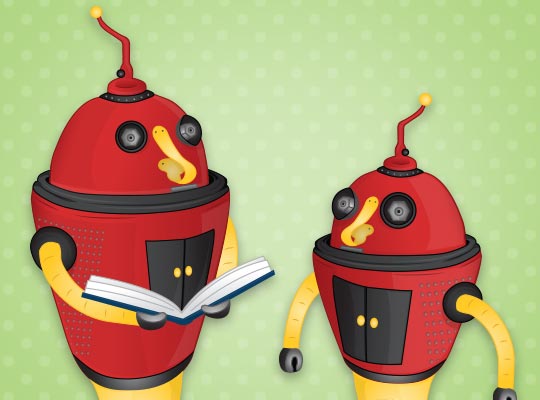
If your child struggles with reading fluency—and listening to him read aloud is a painful experience—then this article is for you!
We’ve all heard kids who read aloud with a choppy, almost robotic tone. It’s hard to grasp the meaning of what they’re reading. They may read too fast, or they may read too slowly and laboriously.
Continue reading…